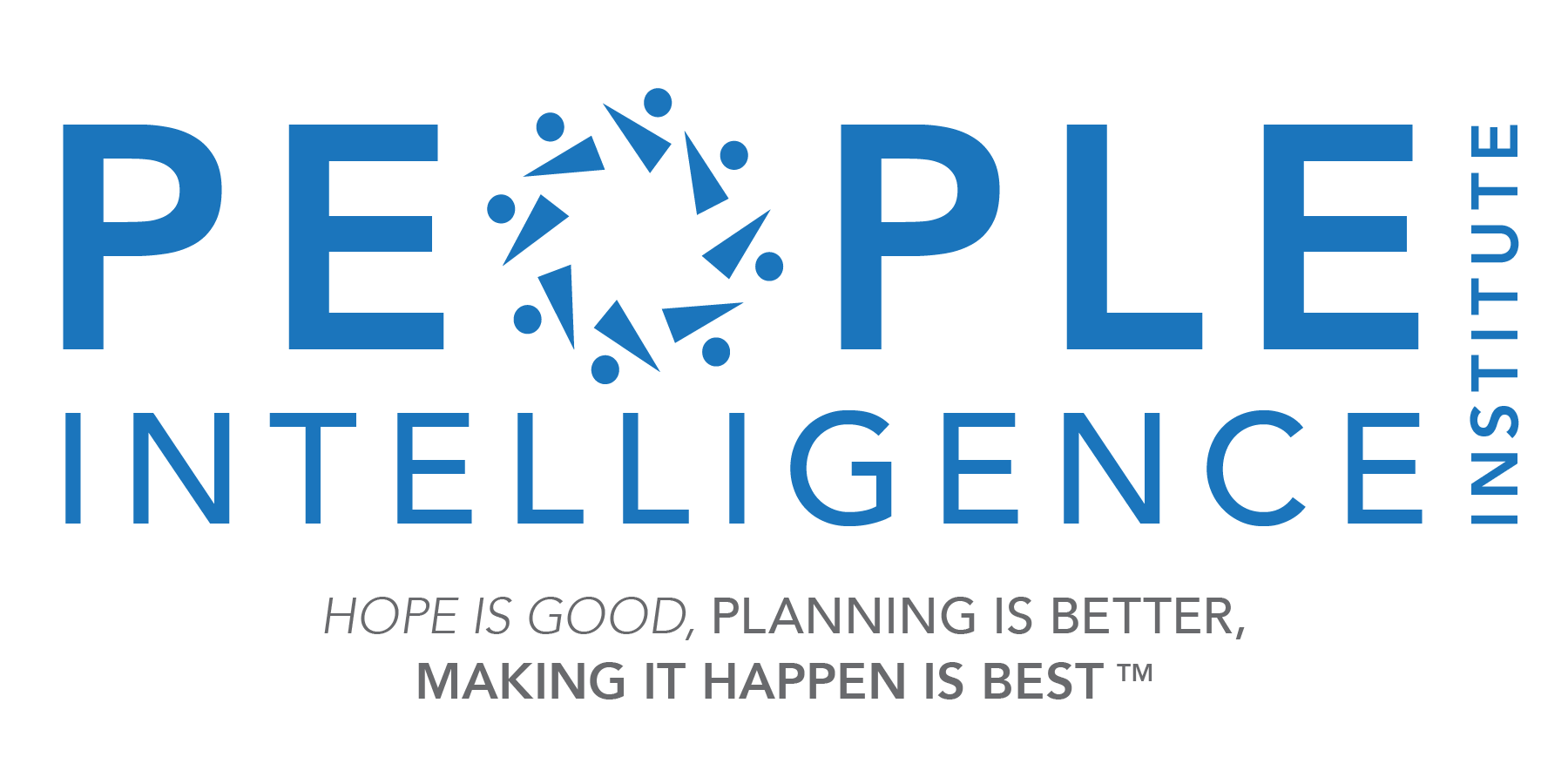"This course has helped train my eye and my mind to see more emotions in others, and as a result, have more successful interactions with others when they are emotional. I am more likely to notice things earlier, before escalation, when the potential to make better choices is stronger."
Read MoreJust the other week, I came across an article with the rather alarming title: "Sixty percent of your colleagues are lying to you." The title made me perk up and wonder how I managed to miss that study.
The title was referring to a decade-old study by University of Massachusetts professor Robert Feldman – he paired up strangers for 10 minutes, videotaped them, and afterwards got them to report on their lies during the interaction.
Turns out, most (60%) had lied, and often multiple times! Having set us up for suspicion, the article then helpfully discusses a list of behaviors to watch out for that signal deception may be afoot.
As a deception researcher, it still surprises me when I come across articles that provide lie-spotting guides. Mostly because they often list lie-signs that have not been borne out, either from research or soundly tested theory, but also because of the way in which they encourage our focus squarely in the wrong place.
Are you a leader who is interested in ferreting out deception and building trust? Before you start scrutinizing your team at every meeting, there are a few basic questions that you need to pose.
Ask These Questions...
Does it matter? While research may suggest that people lie daily and often, this is hardly cause for alarm. Most lies that people tell are white lies, told for no other reason than to smooth over social relations or make themselves look marginally better.
If 60% of your colleagues are lying to you, then it's probably about how much they like your shirt. There's no need to be suspicious, as the lies you are hearing on a daily basis are likely inconsequential. Recent large-scale research suggests that the majority are told by a very small minority of people.
What does this mean? Trust should trump suspicion. The first step toward building trust in your organization is to lead the honesty culture in it. Be honest, and set the expectation that others are honest with you.
Paradoxically, constantly showing suspicion normalizes lying behavior – "If my manager is always suspicious, it must be because people lie a lot here."
By contrast, lying to someone who expects honesty may be easier on the surface – "If I lie, I know she'll believe me" – but morally much more difficult ("...but I would feel terrible about doing it").
In short, by expecting the truth, you encourage the truth.
Am I in tune?
For most people, the burning question is, "How can I tell when someone is lying to me?"
Do liars look away? Shift? Fidget? Cover their face? Face the exit in the room? Everyone seems to harbor their own folk-wisdom of what gives the liar away.
Regardless of what you may have heard and read, the simple and plain truth is, no, they do nothing special. There is no reliable "tell" that you can rely on – no Pinocchio's nose, no pants-on-fire set of behaviors that reveal a lie across different people and situations.
Any deception indicators that have been painstakingly identified by the scientific research are specific to certain contexts and types of lies, and unlikely to be of practical significance to the busy leader.
While there are no shortcuts in becoming a lie-spotting dynamo, there are sound principles that you can use in any situation, and they involve being aware and in tune with the people you work with.
First, understand their "normal" behavior and what makes them tick. Deception is much easier to spot when it is a matter of noticing that something is "off" or different to how people normally behave.
Second, develop your emotional perception. This is a powerful tool because for all the effort that people put into what they say, their nonverbals (face, voice, and body) often "leak out" and convey their actual feelings and attitudes about it.
The key is to notice the moments when the emotion in what they are saying doesn't seem to match their words – for example, are they talking about a positive budget forecast but do you hear fear in their voice?
If this sounds difficult, then consider the most recent research which suggests that we unconsciously can spot these moments. You are already doing it. The challenge is to bring this intuition into conscious awareness and use it.
What's the truth?
Most importantly, don't try to spot the lie, try to find the truth.
If you do spot moments where behavior seems inconsistent or "off," use this moment to start a conversation, ask more questions, and gain clarity, not to start accusing people of being insincere. The idea is not to triumphantly spot a lie, but to know where you need to ask more information so you can get at the truth.
The most successful law enforcement interrogators use this technique effectively. They set "truth" as the goal of each interrogation and they never underestimate the importance of rapport in getting to it, even with people that you or I may find morally objectionable.
While building rapport with hardened criminals is best left to the experts, the task for leaders is much more palatable. It is a matter of developing empathy and understanding with your employees, and in doing so providing a space where they feel that they – and the truth – will be accepted.
Republished wth permission from http://insights.ccl.org/blog/spot-liar-start-asking-right-questions/

